These tasks are comprehensive, correct and accurate, creating momentum to solve long-term problems while focusing on handling outstanding issues in education. As a teacher, I am very pleased with the 10 key tasks proposed by the head of the education sector. Here, I would like to make 5 recommendations to the education sector.
Promoting school culture
To promote school culture, teachers need to practice honesty, build trust and discipline.
Honesty in teaching and learning, testing, exams, emulation, rewards, financial revenue and expenditure... is the foundation for each educational institution to innovate and build a happy school. This is also the link, transmitting positive energy between teachers, between teachers and students, between teachers and parents, between teachers and school leaders. From there, everyone works together with understanding. Honesty is the cause of all causes, the opportunity of all opportunities to make schools progressive and humane.
Building and maintaining trust is difficult, but a school with trust has everything. The example set by the leadership team and teachers is the flame that lights up the trust of every member of the school.
Exemplary, transparent and upright teaching staff is the best way to build trust.
Schools must be disciplined from small things and must do it regularly; monitor, evaluate, supplement, and adjust accordingly. Many small, neat things that teachers, staff, and students have the habit of doing will certainly create big changes in the orbit of a disciplined, loving, and responsible school.

Students at the opening ceremony of the new school year 2023-2024
Teacher capacity development
Teacher capacity is formed from teacher training school, through training at the unit, self-training of each person, and the impact of the environment (school, family, residential area, etc.). Capacity, sense of responsibility, love for people, love for the profession create people's teachers.
In the next 10 years, the education sector needs to focus on training and developing teachers in key areas such as empathy, cooperation, application of information technology, school psychological counseling, communication skills (at school, at home, on social networks), and use of English. The education sector also guides teachers in taking care of their health and spirit, and periodically conducts health check-ups for teachers.
School Management Innovation
In any circumstance, school governance innovation needs to take democracy as the motto, student happiness as the measure, teacher satisfaction as the motivation, and parents' legitimate interests as the foundation.
From there, depending on the circumstances, with guidance from superiors, each school builds a management plan in the spirit of innovation associated with the process of designing and implementing the educational plan. The principal and vice principal act as the locomotive, while the Department of Education and Training and the Department of Education and Training build the rails, so that the train of school management innovation follows the planned roadmap. Transparency, openness, fairness, listening, and accepting criticism to reach consensus are the directions that school management innovation needs to follow closely.
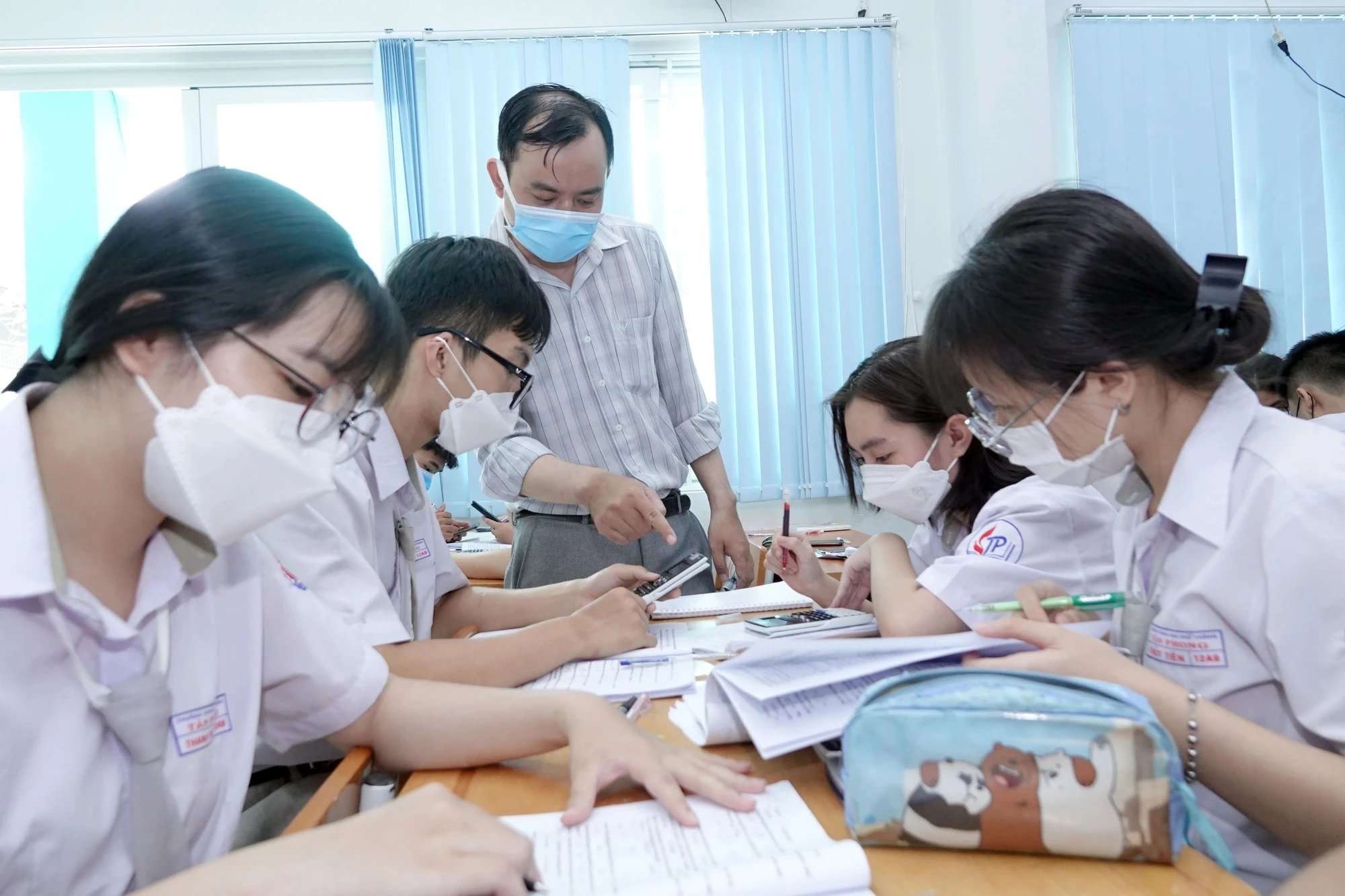
The education sector must accelerate innovation in testing and assessment to avoid wasting social resources and ensure real learning, real exams, and real talent.
Education is truly the top national policy.
Investment in education is investment in development but has not been implemented synchronously and consistently. Therefore, the picture of education is still dark and underdeveloped, leading to both surplus and shortage of human resources, a part of which is weak in both expertise and character. Investment in education is an absolute truth, requiring the education sector to strongly concretize it.
Innovation in testing and assessment associated with digital transformation
This is an important goal when implementing the 2018 General Education Program. The development of artificial intelligence requires innovation in testing and evaluation to be consistent with the digital transformation orientation of the education sector and to avoid wasting social resources, ensuring real learning, real exams, and real talent.
Source link


![[Photo] Overcoming all difficulties, speeding up construction progress of Hoa Binh Hydropower Plant Expansion Project](https://vstatic.vietnam.vn/vietnam/resource/IMAGE/2025/4/12/bff04b551e98484c84d74c8faa3526e0)



![[Photo] Closing of the 11th Conference of the 13th Central Committee of the Communist Party of Vietnam](https://vstatic.vietnam.vn/vietnam/resource/IMAGE/2025/4/12/114b57fe6e9b4814a5ddfacf6dfe5b7f)



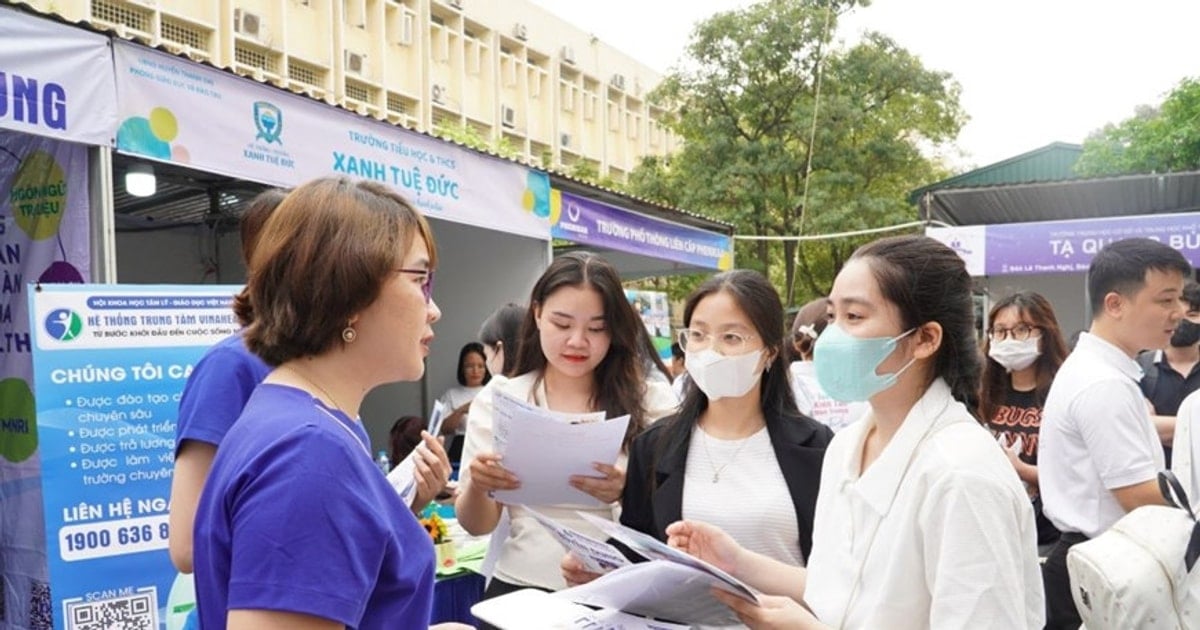



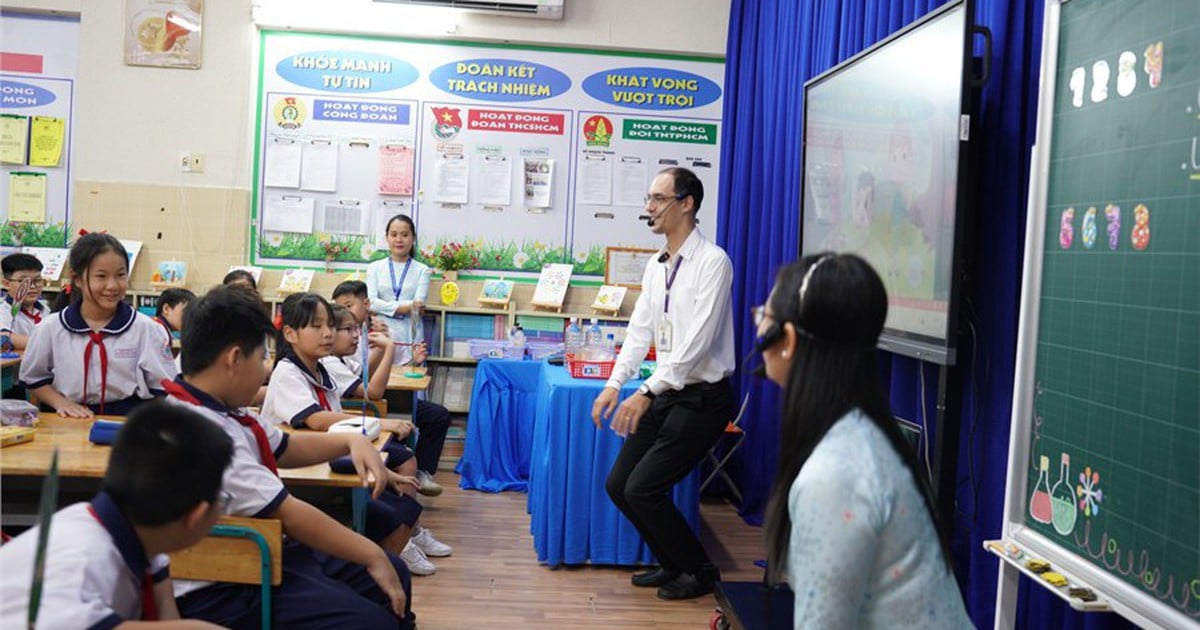

















































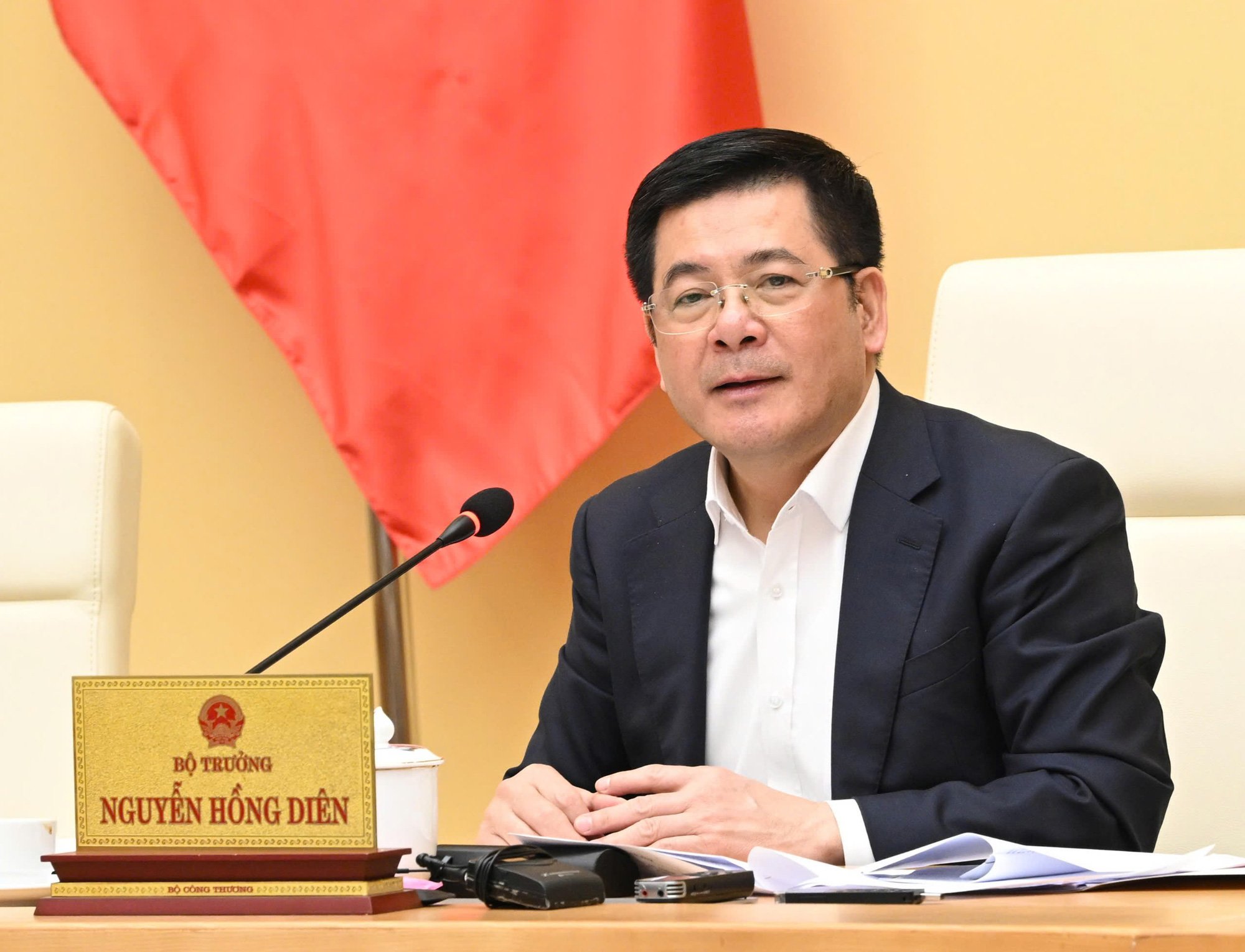















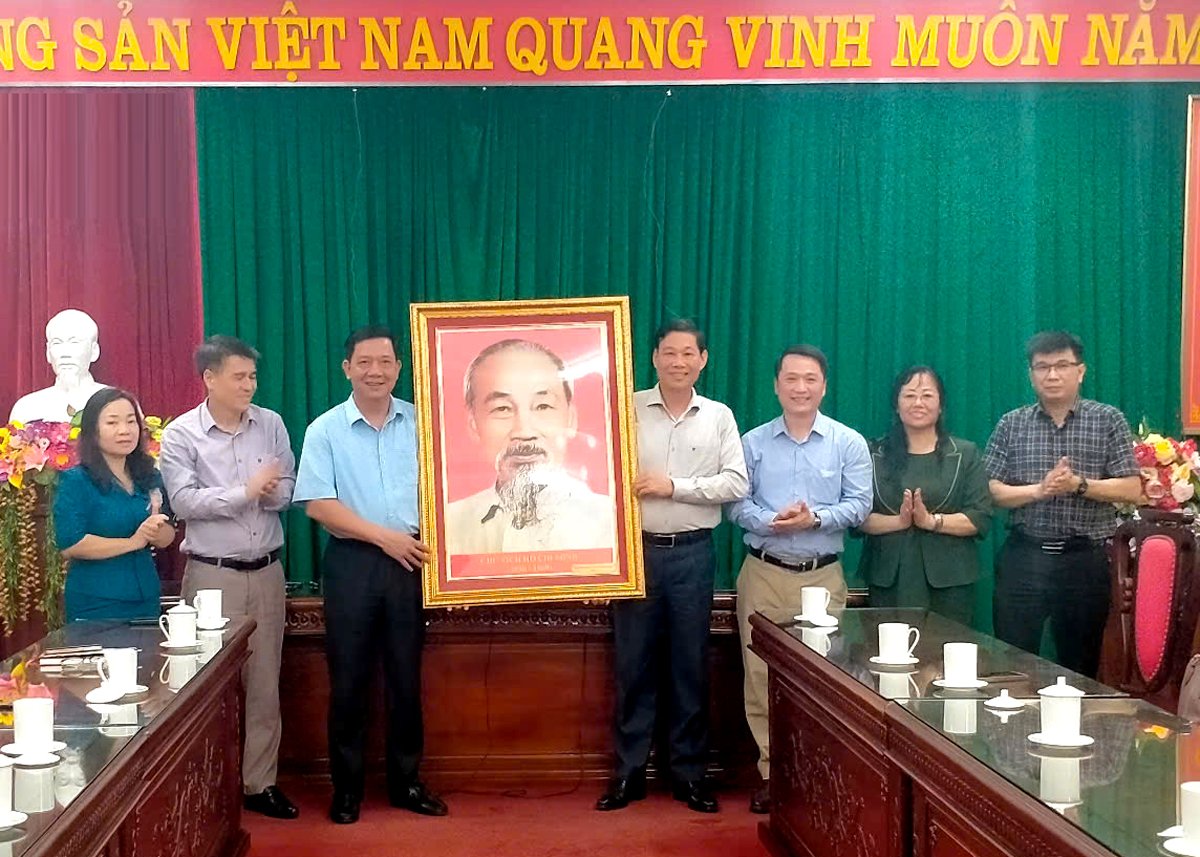














Comment (0)